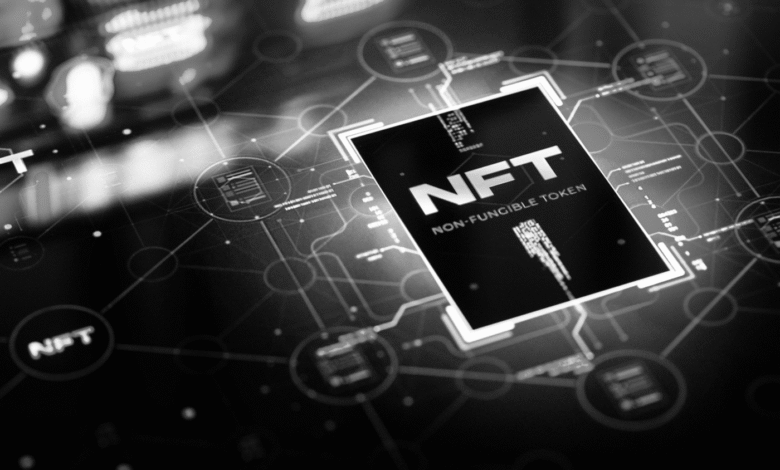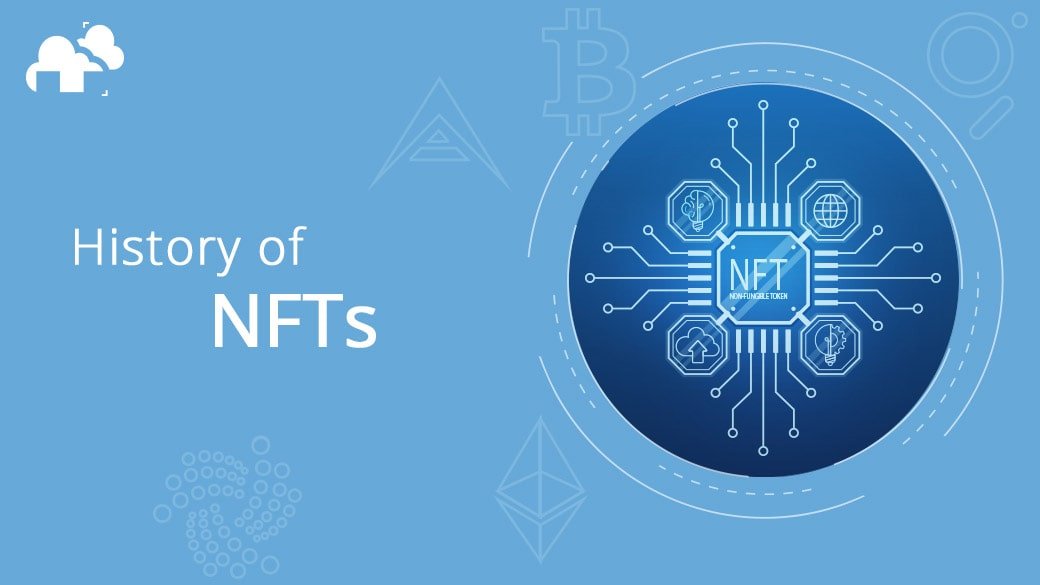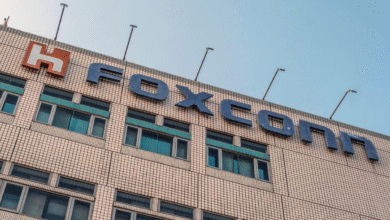
Future of Digital Collectibles
The world of digital collectibles has been transformed by the rise of non-fungible tokens (NFTs). In this article, we will explore the history of NFTs, how they work, and the future of Digital Collectibles this exciting new market.
What are NFTs?
Non-fungible tokens (NFTs) are unique digital assets that are stored on a blockchain. Unlike cryptocurrencies such as Bitcoin or Ethereum, NFTs cannot be exchanged for other tokens on a one-to-one basis, as they are each one-of-a-kind. NFTs can represent anything from digital art and music to virtual real estate and video game items.
The History of NFTs

NFTs have been around since 2014, but they did not gain widespread popularity until 2021. The first NFT was created by Kevin McCoy and Anil Dash, who created a blockchain-based platform called Monegraph that allowed artists to sell their digital creations as NFTs. However, it was not until the sale of Beeple’s “The First 5000 Days” NFT for $69 million in March 2021 that NFTs became a household name.
How Do NFTs Work?
NFTs are stored on a blockchain, which is a decentralized digital ledger that is maintained by a network of computers. Each NFT is a unique digital asset that is represented by a digital token on the blockchain. When someone buys an NFT, they are buying ownership of that specific token, which is unique and cannot be replicated.
The Future of NFTs
The future of NFTs is bright, as more and more people discover the benefits of owning unique digital assets. NFTs have the potential to revolutionize the world of art, music, and other forms of digital media, as creators can sell their work directly to their fans without the need for intermediaries such as galleries or record labels. Additionally, NFTs can be used in video games and virtual reality experiences, allowing players to own unique items that can be traded with other players.
The Benefits of NFTs
There are several benefits to owning NFTs. First, NFTs are unique, which makes them valuable to collectors. Second, NFTs are stored on a blockchain, which makes them secure and difficult to counterfeit. Third, NFTs can be easily bought and sold on various marketplaces, which makes them highly liquid.
The Risks of NFTs
While NFTs have many benefits, there are also risks involved. First, NFTs can be highly speculative, and their value can fluctuate wildly depending on market conditions. Second, NFTs can be difficult to value, as there is often no established market for them. Finally, there is the risk of fraud and scams, as there have been several high-profile cases of fake NFTs being sold for large sums of money.
Read More:Unleash the Power of NFTs: Own a Piece of the Future
Conclusion
The rise of NFTs has created an exciting new market for digital collectibles, and the potential for growth is enormous. While there are risks involved, the benefits of owning NFTs are significant, and the future looks bright for this innovative new asset class.
FAQs
- Are NFTs a good investment? There is no easy answer to this question, as the value of NFTs can fluctuate wildly. While some NFTs have sold for millions of dollars, others have failed to find buyers at all. It is important to do your research and make informed decisions before investing in NFTs.
- How can I buy NFTs? There are several marketplaces where you can buy and sell NFTs
- Can I create my own NFTs? Yes, anyone can create and sell their own NFTs. There are several platforms that make it easy to create and sell NFTs, such as OpenSea, Rarible, and Nifty Gateway.
- What can NFTs be used for? NFTs can be used to represent a wide variety of digital assets, including art, music, video game items, virtual real estate, and more. They can be used to buy and sell unique digital assets, or to create new revenue streams for artists and creators.
- How secure are NFTs? NFTs are stored on a blockchain, which is a highly secure and decentralized digital ledger. This makes it very difficult to hack or manipulate the data stored on the blockchain. However, there is always a risk of fraud or scams, so it is important to do your research and buy NFTs from reputable sources.












2 Comments